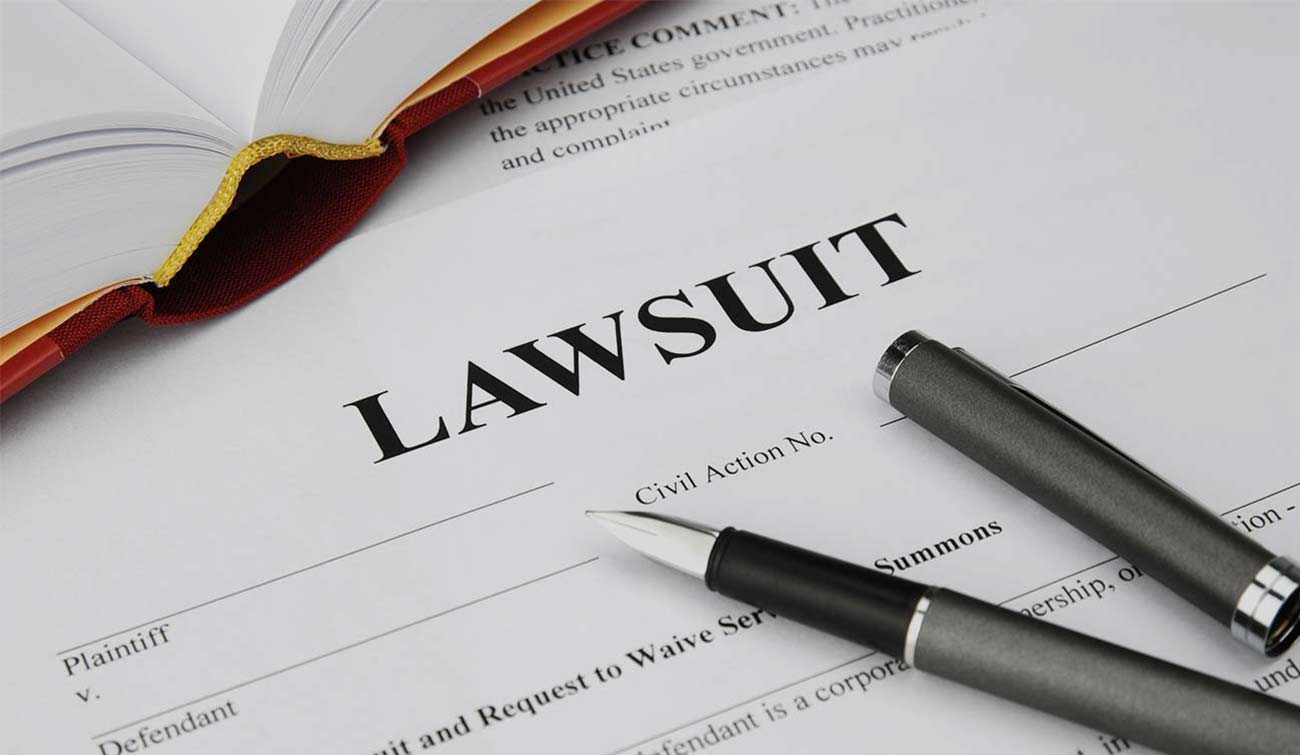Detention
Psychological Detention
R. v. Wong 2015 OJ No 5049
The Canadian Charter of Rights and Freedoms says “everyone has the right on arrest or detention … to retain and instruct counsel without delay and to be informed of that right;”
The Decision
In a recent Ontario Court of Appeal decision, R. v. Wong [2015] ONCA 657 the Court reaffirmed the proposition that detention includes psychological detention and not only physical detention. In the Wong decision a fully dressed police officer entered into an apartment with the consent of the accused. He started noticing some drug related items but didn’t arrest or formally detain the accused.
The Court concluded that as the interaction between Ms. Wong and the officer continued, the officer’s conduct became “increasingly authoritative”. The detention in this case crystalized when the officer asked questions like “what’s going on here” “if the scale was for baking where are the baking supplies” “I could arrest you for being in possession of drug paraphernalia” .
The Court then also re-emphasized that “without delay” means “immediately” and therefore at the moment Ms. Wong was detained she was required to be informed of her right to counsel, immediately, and because this did not happen all subsequent evidence found (statements and drugs) were ruled inadmissible. The Court concluded:
Conclusion
As a criminal defence lawyer who often utilizes the Charter in defence of clients’ it is sometimes very difficult to analyze when a police interaction with a person has become a de facto detention of arrest. It is critical to know when this Rubicon has been reached because as Wong demonstrates, if evidence is gathered without proper Charter compliance then evidence could be excluded.





